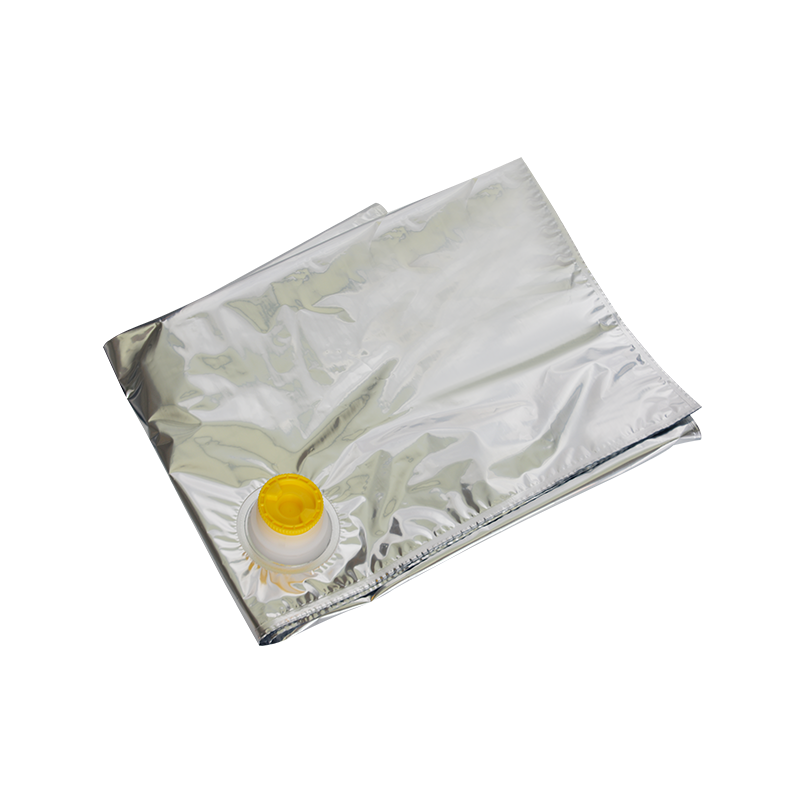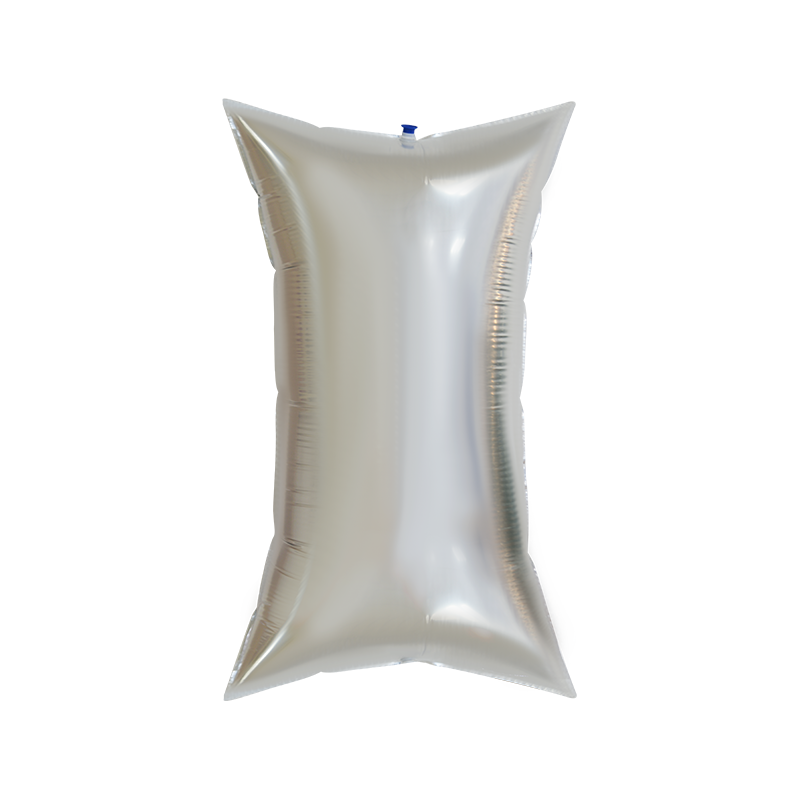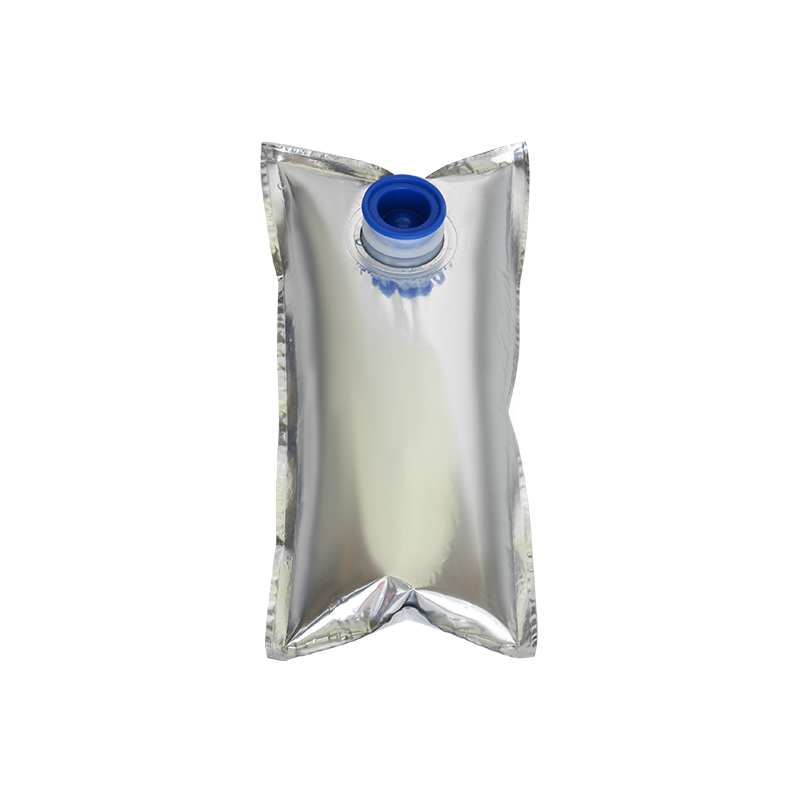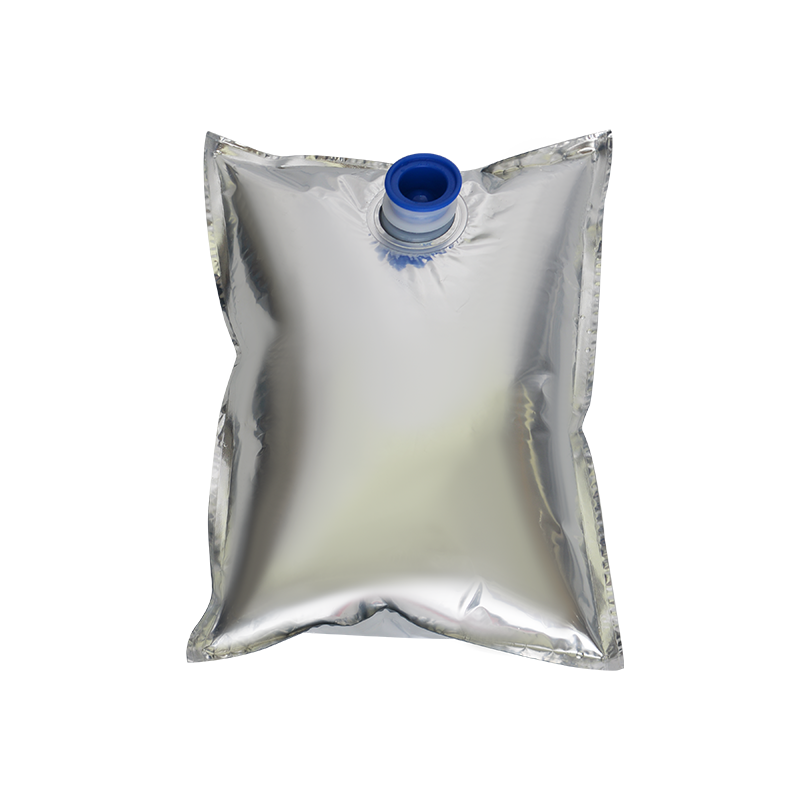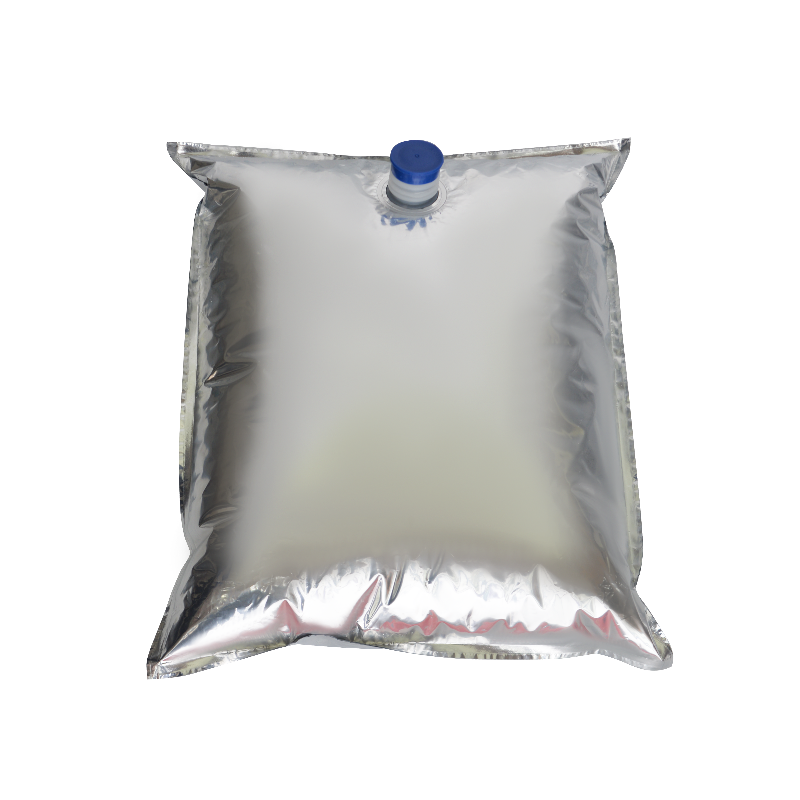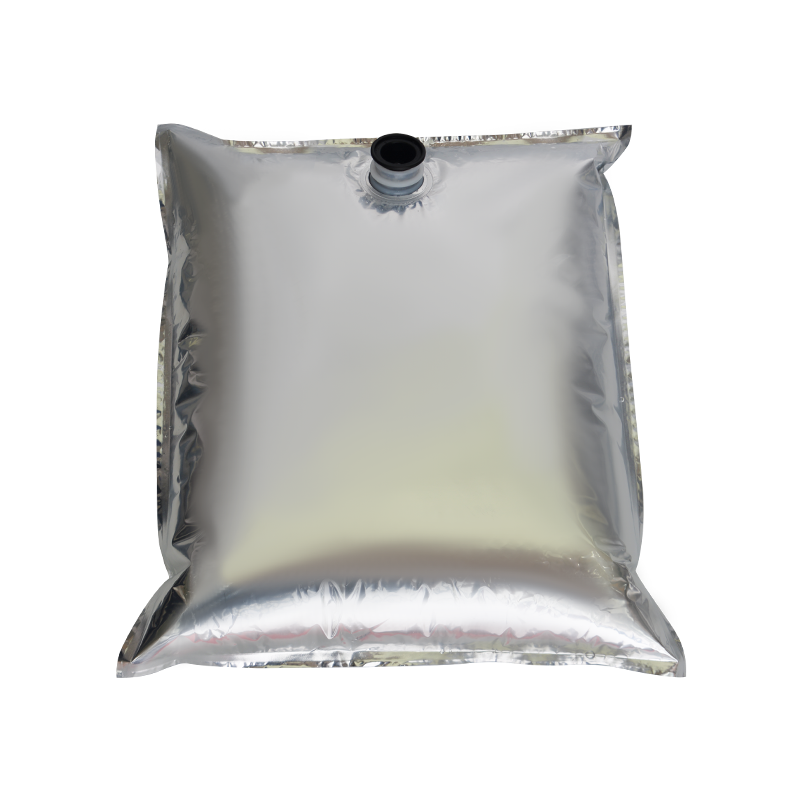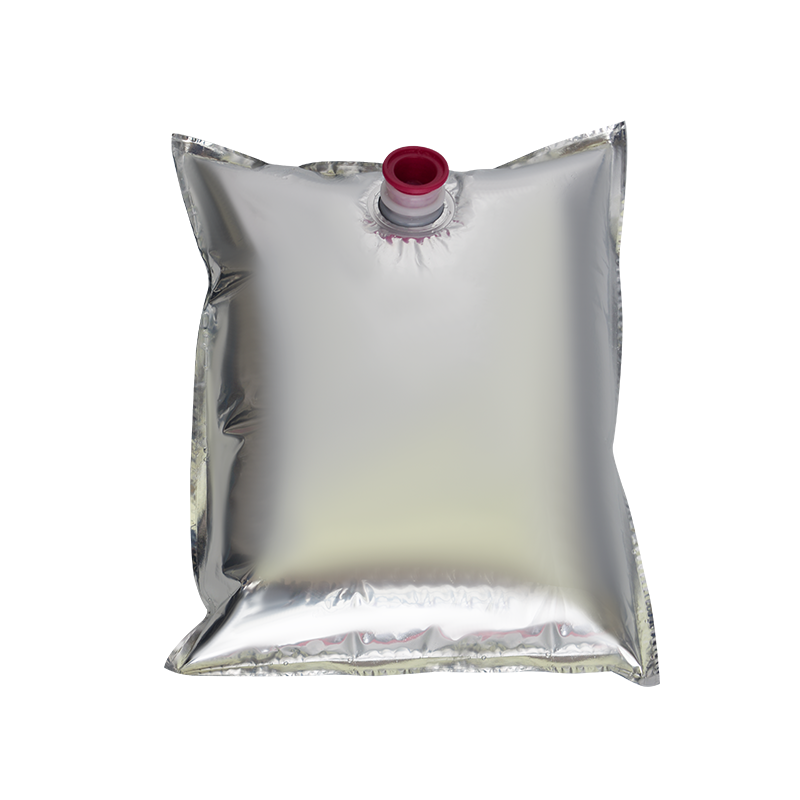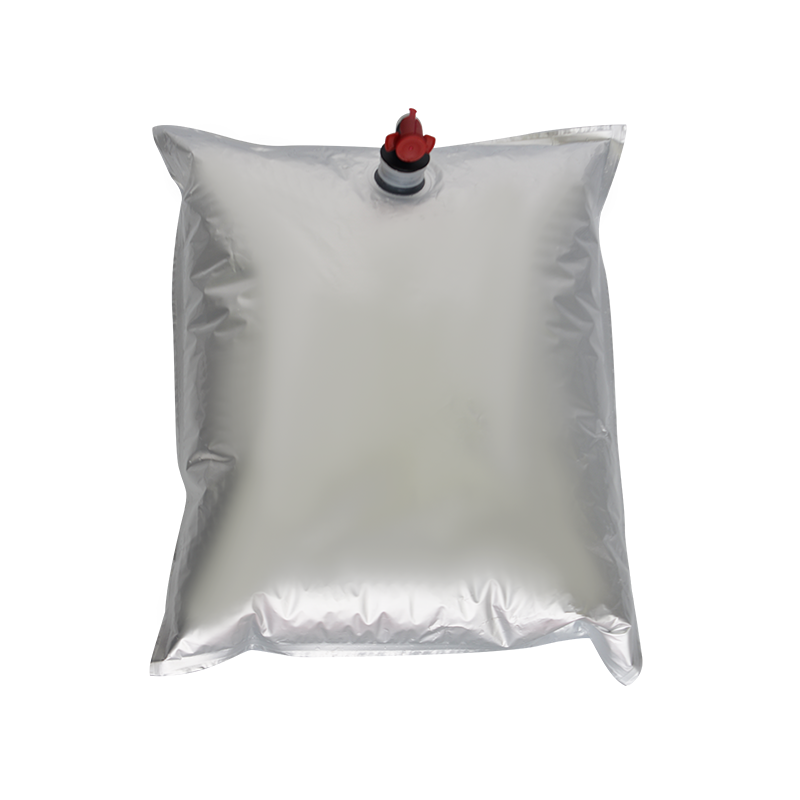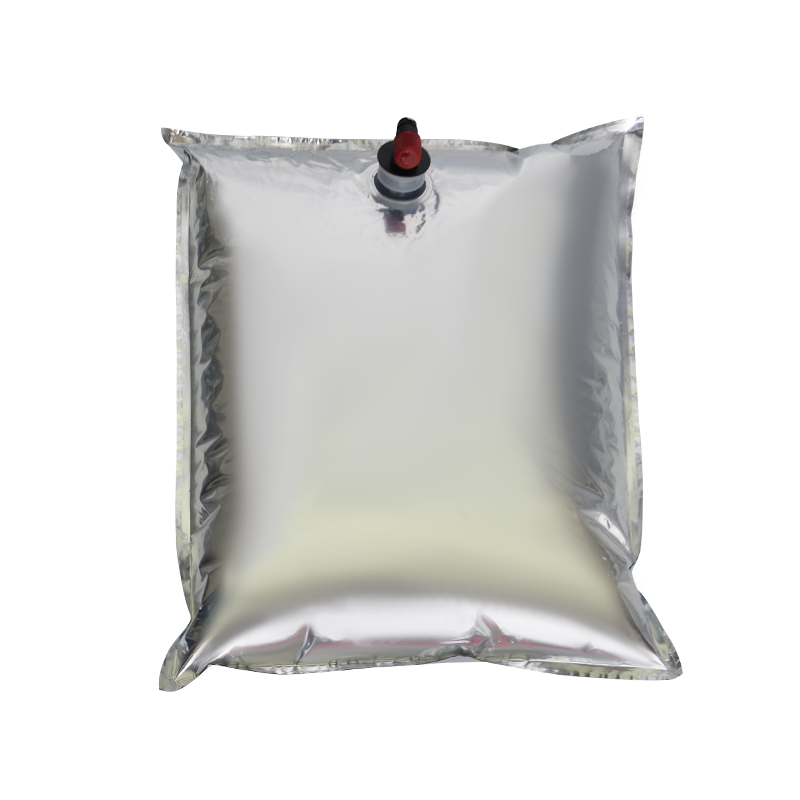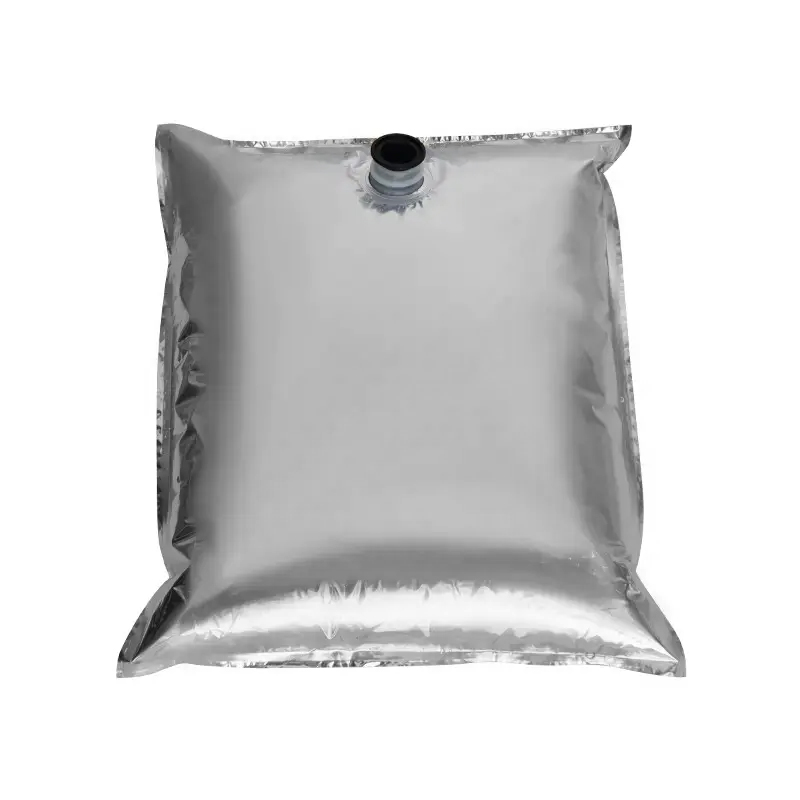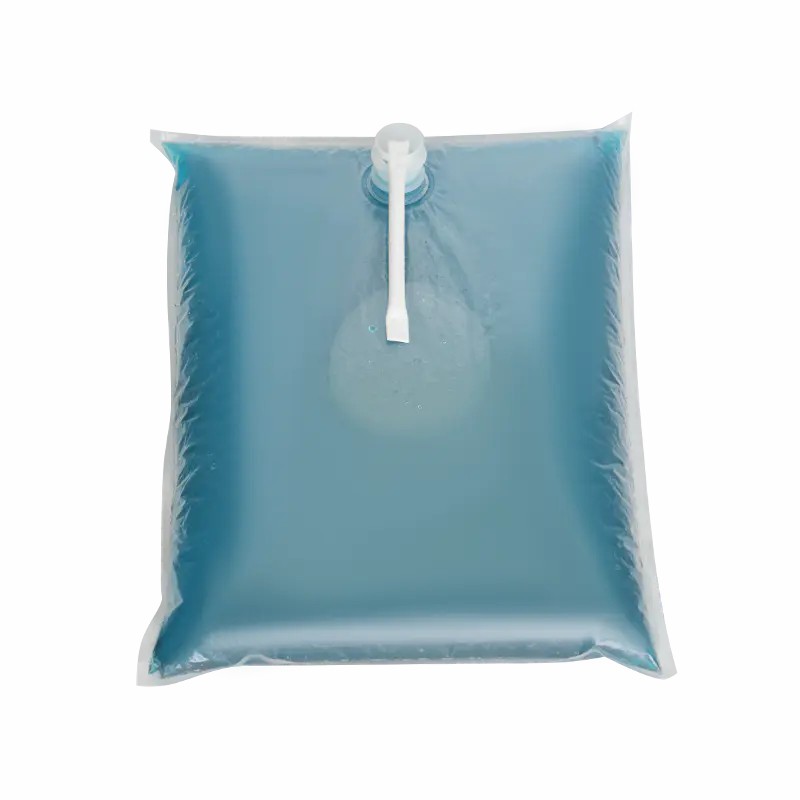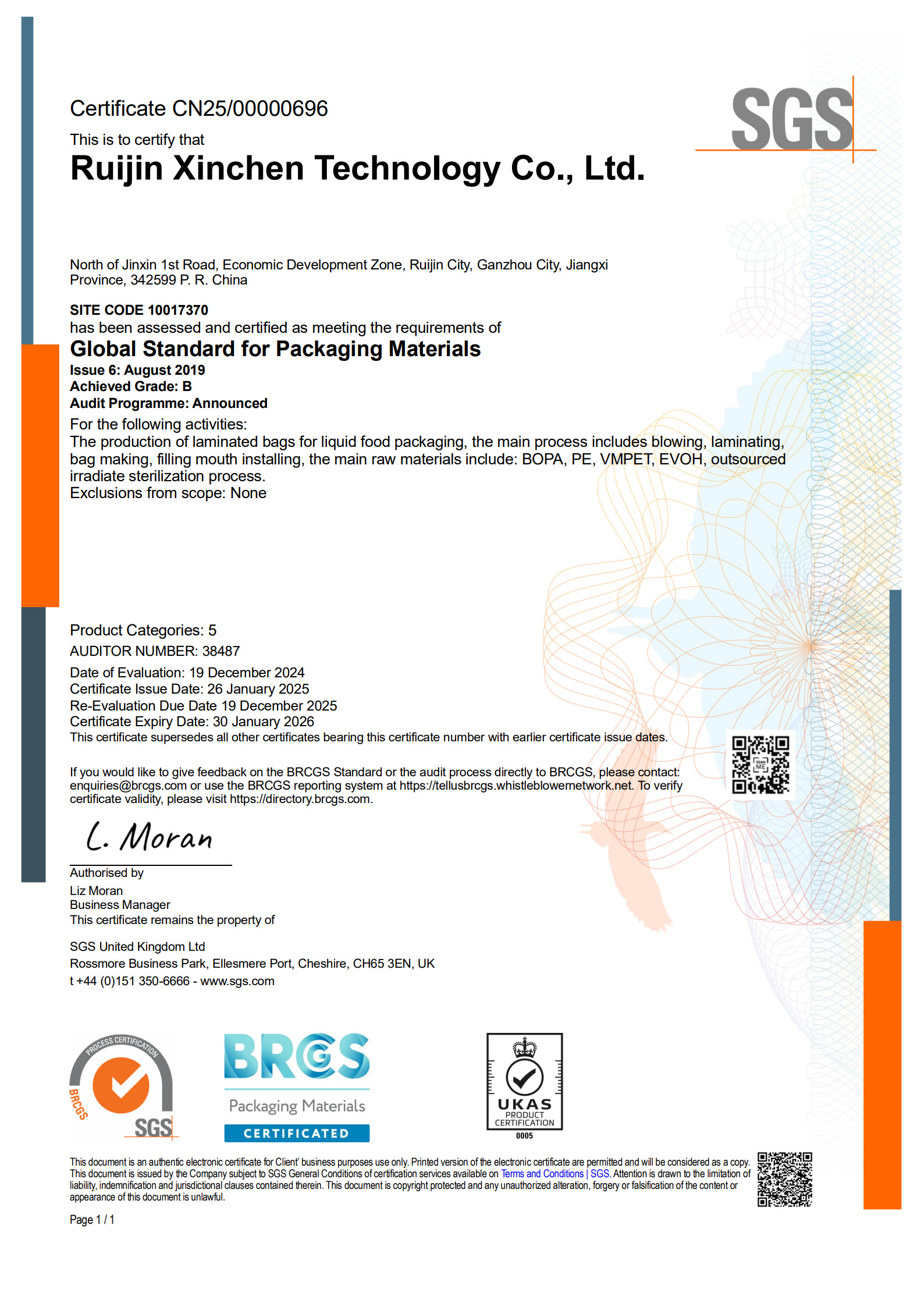
As an indispensable and important component in industrial control systems, valves play a key role in regulating the flow of fluid media and controlling pressure and flow. It is not only widely used in petrochemical, electric power, metallurgy, water conservancy and other industries, but also plays an important role in civil fields such as household water supply and air conditioning systems. The performance and quality of valves are directly related to the safety, stability and efficiency improvement of industrial production, so they are highly valued by engineers and users.
One of the main functions of valves is to regulate the flow of fluid media, including liquids, gases, steam, etc. By controlling the opening or closing degree of the valve, precise control of fluid flow can be achieved to meet the needs of different processes. For example, in chemical production, the flow rate and proportion of chemical substances are controlled by adjusting valves to ensure the stability of the production process and product quality.
In addition to regulating fluid flow, valves can also control the pressure and flow rate of the medium. In the pipeline system, by adjusting the opening of the valve, the fluid pressure can be adjusted to ensure the normal operation of the pipeline system. At the same time, the valve can also control the flow of fluid by changing the cross-sectional area of the channel, achieving precise control of flow and meeting the flow requirements of different processes.
Valves play an important safety role in industrial production. It can promptly adjust and control the flow and pressure of the medium, prevent accidents in the pipeline system due to excessive pressure or excessive flow, and protect the safety of production equipment and personnel. For example, in the chemical production process of high temperature and high pressure, valves can accurately control the flow and pressure of the medium to ensure the safety and stability of the production process.
Valves come in a variety of types and structures, including ball valves, gate valves, butterfly valves, check valves, etc., which are suitable for different process requirements and medium characteristics. For example, ball valves are suitable for occasions that require quick opening and closing, gate valves are suitable for occasions that require precise flow control, butterfly valves are suitable for large-diameter pipeline systems, and check valves are suitable for occasions that prevent the backflow of media. Different types of valves can meet the needs of different industrial fields, providing engineers and users with more choices.
With the increasing awareness of environmental protection and the limited energy resources, energy conservation and emission reduction have become an important task for industrial production. As an important part of industrial control systems, valves' energy-saving performance has attracted more and more attention. By selecting the appropriate valve type and structure, optimizing the design and use of valves, we can achieve effective use of energy, reduce energy waste and emissions, reduce production costs, and achieve a win-win situation of economic benefits and environmental protection.
With the continuous development of industrial technology and the continuous upgrading of industrial production, the application prospects of valves will be broader. With the development of intelligent manufacturing technology, intelligent valves will gradually become a new trend in industrial control systems. Intelligent monitoring and control of valves can be realized through sensors and control systems, improving the automation level and intelligence of production, and bringing greater benefits to industrial production. Convenience and efficiency.
As an important component in industrial control systems, valves have important functions such as regulating fluid flow, controlling pressure and flow, ensuring safety, energy conservation and environmental protection. In the future development, with the continuous innovation of technology and the growing demand, it is believed that valves will play an increasingly important role in industrial production and make greater contributions to the safety, stability and efficiency of industrial production.

 English
English русский
русский